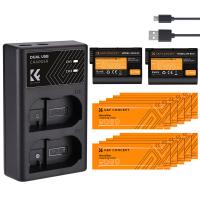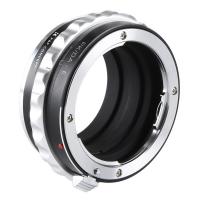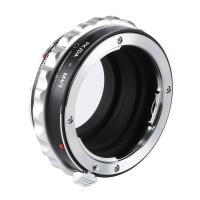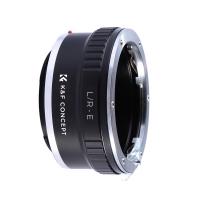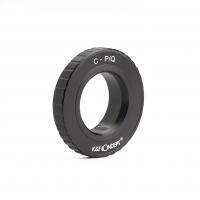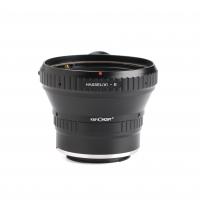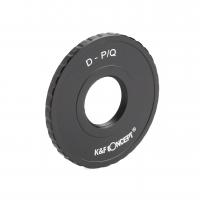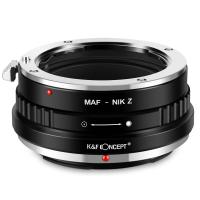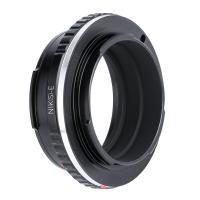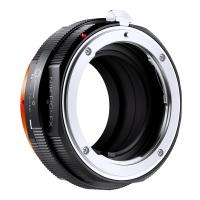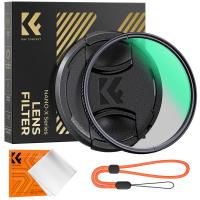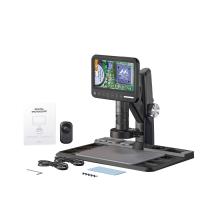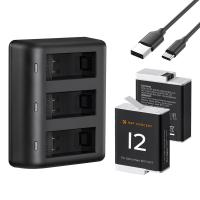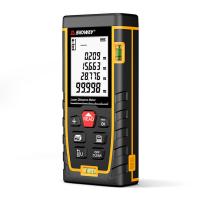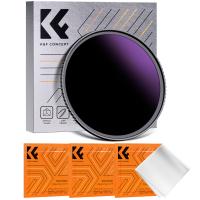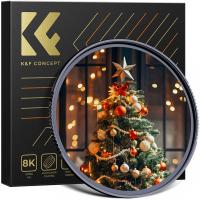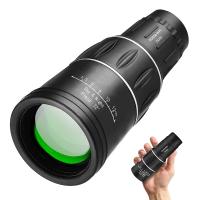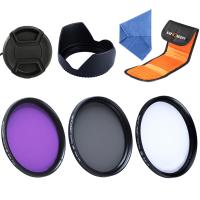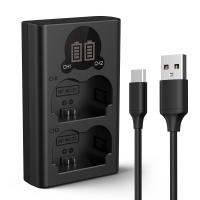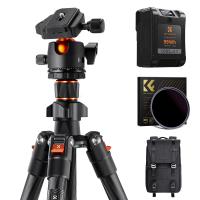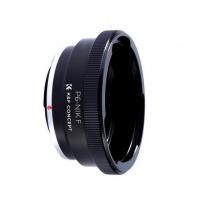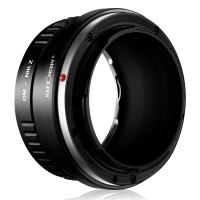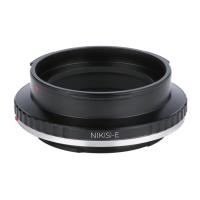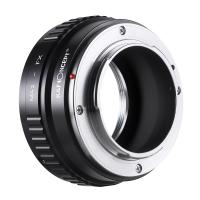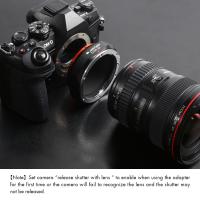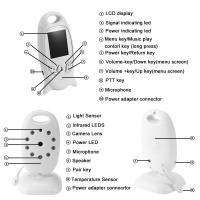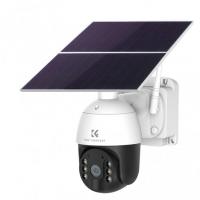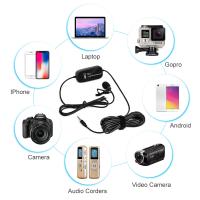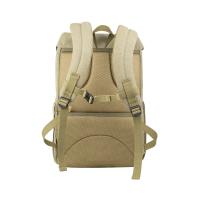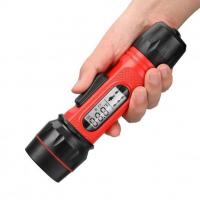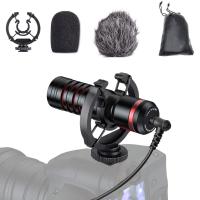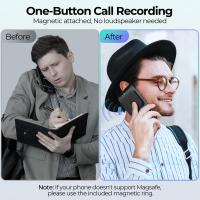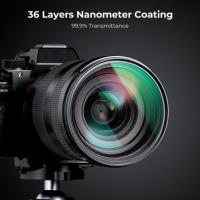What Mount Is Nikon D750?
The Nikon D750 features a Nikon F-mount lens system. This mount, which has been in use since 1959, is one of the most widely recognized lens mounts in the photographic world. It is compatible with a vast range of Nikon lenses, both full-frame and crop-sensor (DX) lenses.
Understanding the Nikon F-Mount
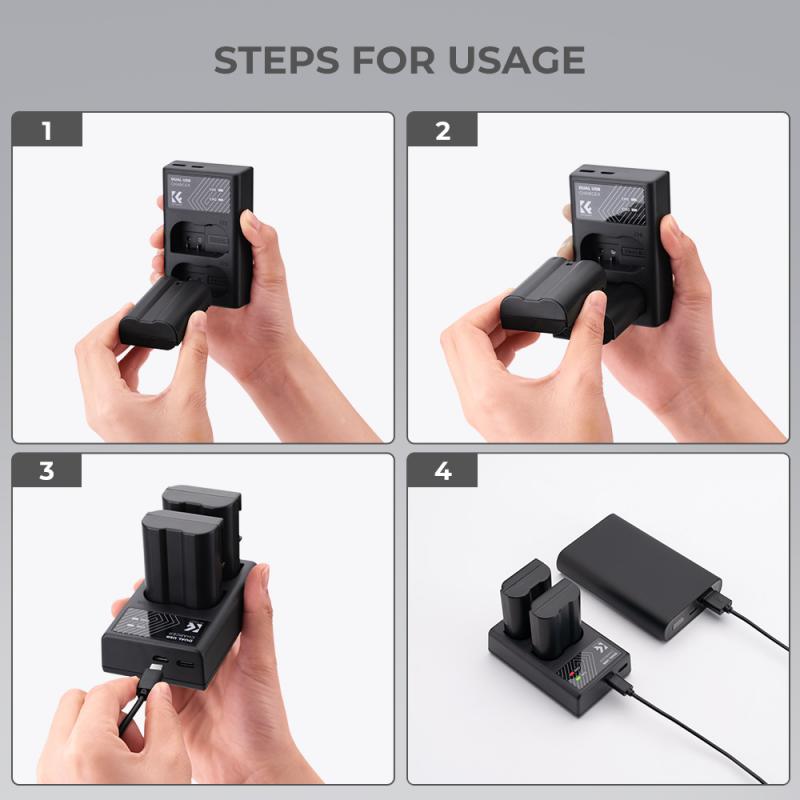
The Nikon F-mount is a bayonet-style mount that allows for quick attachment and detachment of lenses. It has undergone several evolutions since its inception, but the core design has remained largely unchanged to maintain compatibility with a wide array of lenses over time. This ensures that Nikon users have access to an extensive selection of lenses spanning both old and new generations.
Key Characteristics of the Nikon F-Mount on the D750
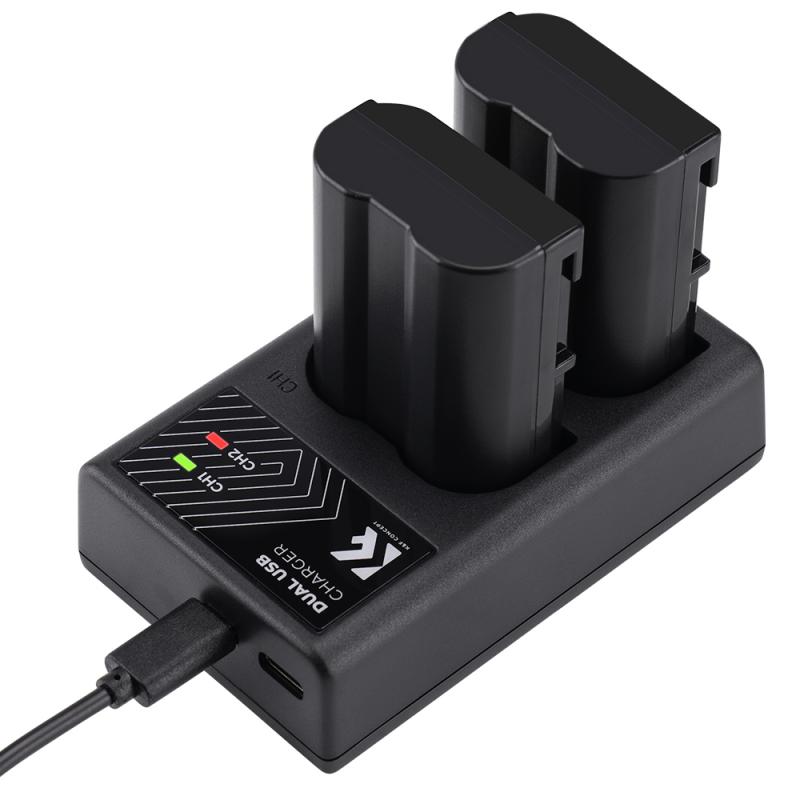
1. Full-Frame Compatibility:
The Nikon D750 is a full-frame DSLR, meaning it utilizes the larger 35mm sensor format. The F-mount on the D750 is designed to work seamlessly with both FX (full-frame) and DX (crop sensor) lenses. When using a DX lens on the D750, the camera will crop the image to match the smaller sensor size of the lens, resulting in a narrower field of view.
2. Autofocus and Aperture Control:
The Nikon D750 retains the advanced autofocus and aperture control features that are standard in Nikon's full-frame DSLRs. The camera supports autofocus motors in the lens, but it also features an internal autofocus motor, which allows the use of lenses without a built-in motor. This makes the D750 highly versatile in terms of lens selection.
3. Lens Compatibility:
The Nikon D750 is compatible with a vast array of lenses. Not only does it support newer AF-S (Autofocus Silent Wave) and AF-P lenses, but it also works with older AI and AI-S manual-focus lenses. For photographers interested in using vintage glass or manual lenses, the D750 can be a great option because of its flexibility.
4. Lens Types Supported:
- AF-S (Autofocus Silent Wave): These lenses have built-in motors for autofocus.
- AF-P (Autofocus Pulse Motor): These lenses are quieter and more precise, making them ideal for video work.
- G-Type Lenses: Modern lenses with no aperture ring, relying on the camera's control of the aperture.
- DX Lenses: Designed for crop-sensor cameras but can be used on the D750 with a crop mode (1.5x crop factor).
- Manual Focus Lenses (AI and AI-S): While the D750 won’t autofocus with these lenses, it can meter and is compatible with these older lenses.
5. Compatibility with Third-Party Lenses:
Third-party manufacturers like Sigma, Tamron, and Tokina produce lenses for the Nikon F-mount. While the autofocus, aperture control, and metering features generally work well, it's important to check specific model compatibility, as some third-party lenses may have limited functionality or require firmware updates for full compatibility.
Advantages of the Nikon F-Mount on the D750
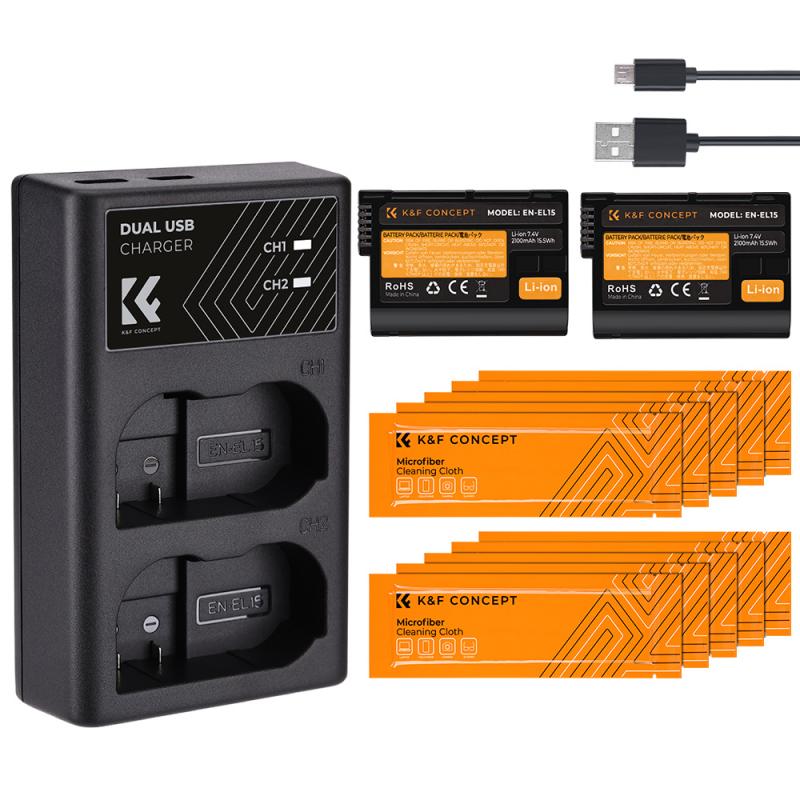
1. Wide Range of Lenses:
The F-mount system has been around for decades, which means there is a huge variety of lenses available, including high-end options like the Nikon 70-200mm f/2.8E FL ED VR, as well as more budget-friendly choices. The fact that older lenses, including manual-focus ones, can be used with the D750 is a huge advantage for those looking to build a custom lens kit.
2. Build Quality and Reliability:
Nikon’s F-mount lenses are known for their durability and reliability. The F-mount is designed to withstand the rigors of professional photography, and Nikon’s lenses often deliver superior optical performance. This makes the Nikon D750 an excellent choice for both hobbyists and professionals looking for high-quality results.
3. Lens Versatility:
Whether you need a wide-angle lens for landscape photography, a telephoto lens for wildlife, or a fast prime for portraiture, the Nikon F-mount provides a solution for every genre. Moreover, the focal length of lenses for this mount is incredibly diverse, offering a lens for almost any photographic situation. Additionally, the D750 can take full advantage of lenses with vibration reduction (VR), which helps to stabilize shots when shooting handheld, especially at longer focal lengths.
Key Considerations When Using the Nikon D750's F-Mount
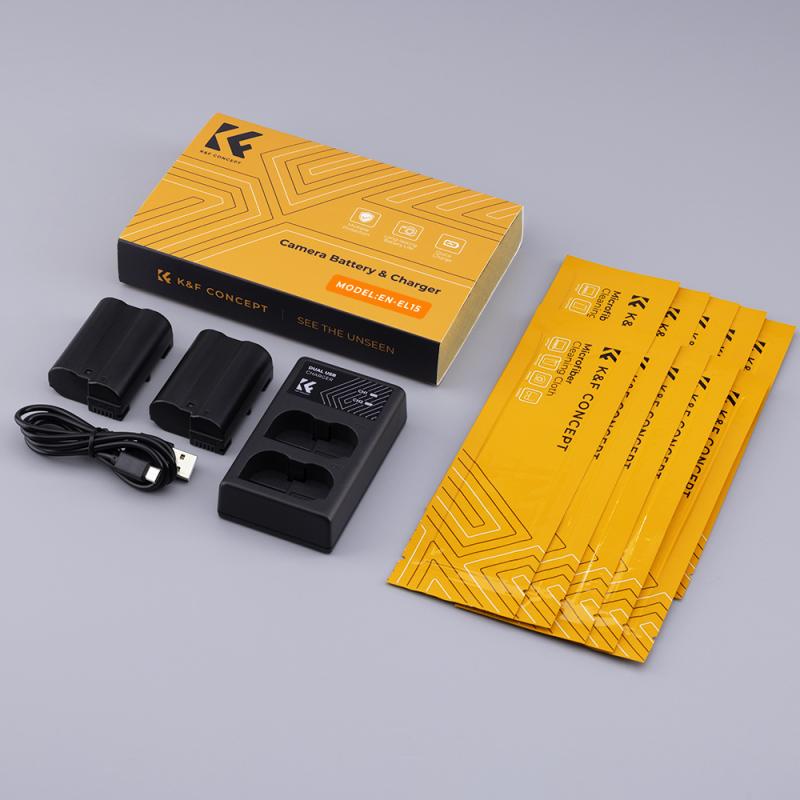
While the Nikon D750's F-mount is highly versatile, there are a few things to consider when choosing lenses:
1. Lens Size and Weight:
Full-frame lenses tend to be larger and heavier than crop-sensor lenses. If you're planning to use heavy lenses like the Nikon 24-70mm f/2.8 or 70-200mm f/2.8, you’ll want to be aware of the overall size and weight. The D750 is relatively lightweight for a full-frame DSLR, but when paired with large lenses, the camera-body-lens combination can be a bit unwieldy for extended handheld shooting.
2. Cost of Lenses:
Nikon's FX-series lenses, while of exceptional quality, tend to be more expensive than DX lenses. However, if you plan to shoot primarily with full-frame lenses on the D750, the investment in higher-end optics is often worth it for image quality and versatility.
3. Autofocus Performance:
While the Nikon D750’s autofocus system is robust and responsive, it can be slower when using lenses without built-in autofocus motors. The camera features a 51-point autofocus system with 15 cross-type sensors, which is highly effective for most shooting scenarios. However, autofocus performance may not be as fast when using older or third-party lenses that lack modern autofocus technologies.
4. Vibration Reduction:
While the Nikon D750 body doesn’t have in-body image stabilization (IBIS), many modern Nikon lenses come with Vibration Reduction (VR). If you plan to shoot at longer focal lengths or in low light conditions, investing in a lens with VR is highly recommended to ensure sharper results.
5. Third-Party Lens Compatibility:
While Nikon’s F-mount system is open to third-party lenses, it’s important to choose well-regarded manufacturers for the best experience. Third-party lenses tend to be more affordable, but in some cases, you may experience slower autofocus or other functionality quirks. Always check for compatibility before purchasing.
Conclusion: Why the Nikon D750 and its F-Mount System Still Matter
The Nikon D750 continues to be a strong contender in the DSLR market, even with the growing popularity of mirrorless cameras. The F-mount lens system is one of the primary reasons for this continued success. With access to a wide range of lenses, from older manual-focus lenses to modern autofocus designs, the D750 offers exceptional flexibility for photographers at every level.
The combination of full-frame image quality, advanced autofocus, and compatibility with a massive variety of lenses ensures that the D750 remains a powerful tool for both enthusiasts and professionals. Whether you’re shooting portraits, landscapes, or fast-moving subjects, the Nikon D750’s F-mount gives you access to the right lenses for the job.
If you’re invested in Nikon’s ecosystem or just starting to explore full-frame photography, the Nikon D750 paired with the right lenses will provide you with a versatile and high-performance setup that meets a wide array of photographic needs.


